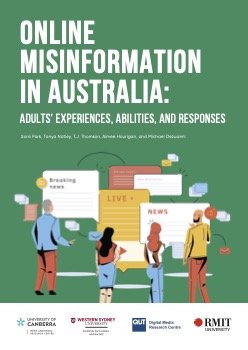Edited by Nelson Ribeiro and Barbie Zelizer
A critical and timely collection that argues for the centrality of propaganda in discussions about the contemporary media landscape and its informational ecosystems. This book explores how “propaganda,” a foundational concept within media and communication studies, has recently been replaced by alternative terms (disinformation, misinformation, and fake news) that fail to capture the continuities and disruptions of ongoing strategic attempts to (mis)guide public opinion. Edited by Nelson Ribeiro and Barbie Zelizer, the collection highlights how these concepts must be understood as part of a long legacy of propaganda and not just as new phenomena that have emerged in the context of the digital media environment. Chapters explore the strategies and effects of propaganda through a variety of globally diverse case studies, featuring both democracies and autocratic regimes, and highlight how only by understanding propagandistic forms and strategies can we fully begin to understand how public opinion is being molded today by those who resort to deception and falsehood to gain or keep hold of power. An important resource for students and scholars of media and communication studies and those who are studying and/or researching media and propaganda, media and power, disinformation, fake news, and political communication.
Oxford, UK: New York: Routledge, 2025. 214p.




